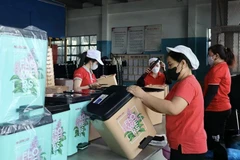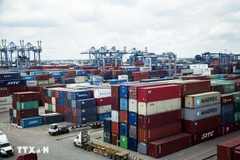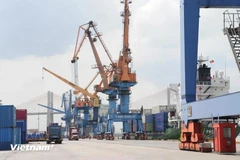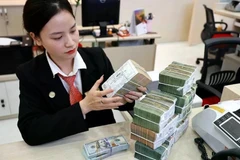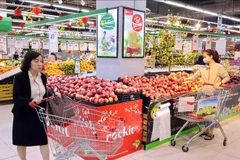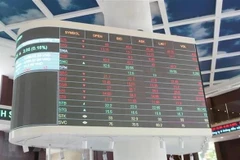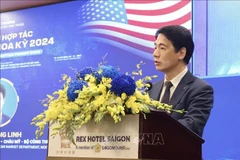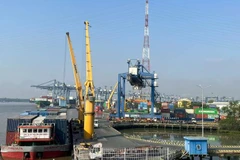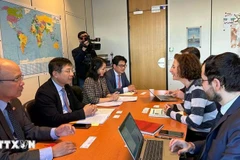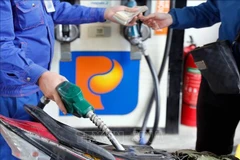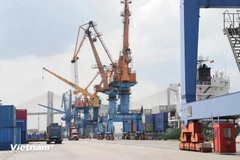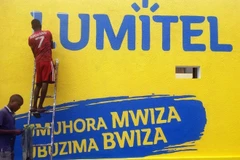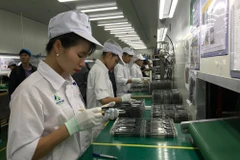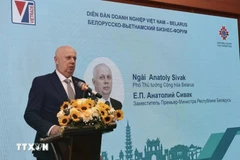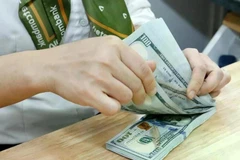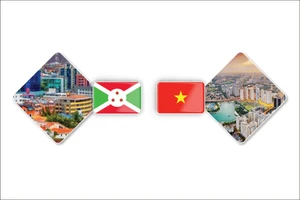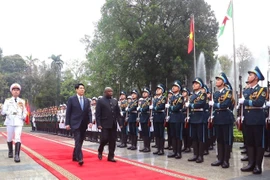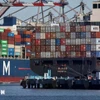The State Bank of Vietnam lowered from 7,000 to 5,000 USDthe amount of foreign currency that could be taken out of the countrywithout declaration by an individual or in baggage, under a request fromPrime Minister Nguyen Tan Dung.
The central bank's move has the effect of encouraging people to use international payment cards.
To take the advantage of this opportunity, many banks are promotingthe use of payment cards and issuing many kinds of credit cards tosatisfy their cardholders, according to independent market watchdogs.
The Hong Kong – Shanghai Banking Corporation (HSBC) also has a plan to attract customers to sign up for credit cards.
The bank is implementing a Home&Away privilege programme whichoffers all HSBC credit cardholders privileges at over 19,000 outlets inmore than 160 countries and territories.
Inaddition, the Bank for Foreign Trade of Vietnam (Vietcombank) iscarrying out a big promotion under which the holders of VietcombankAmerican Express cards will benefit, depending on their credit-cardturnover.
At the Dong A Commercial Joint Stock Bank,those who go abroad can pay a security deposit in dong to haveshort-term credit cards.
The terms of this kind ofcard is three months maximum, and cardholders can have a maximum creditlimit of 140 million VND (nearly 6,700 USD).
Vietnam 's payment card market is relatively small but it is one ofthe most dynamic markets in the world, analysts said in the "VietnamPlastic Card Market Forecast to 2013" report.
The report says that the Vietnamese payment card market will grow about 18.5 percent between now and 2014.
The local payment card market, which includes both credit cards anddebit cards, has been rapidly growing in the past few years, fuelled byrise in the young population, technological development, emerging trendsin e-commerce and government policies on limiting the use of cash.
The total number of cards issued in Vietnam has nearly doubled during the 2008-10 period. /.


